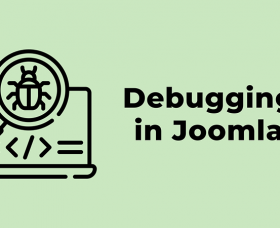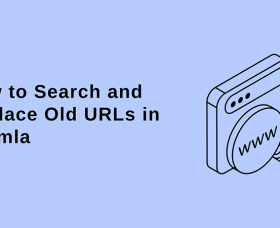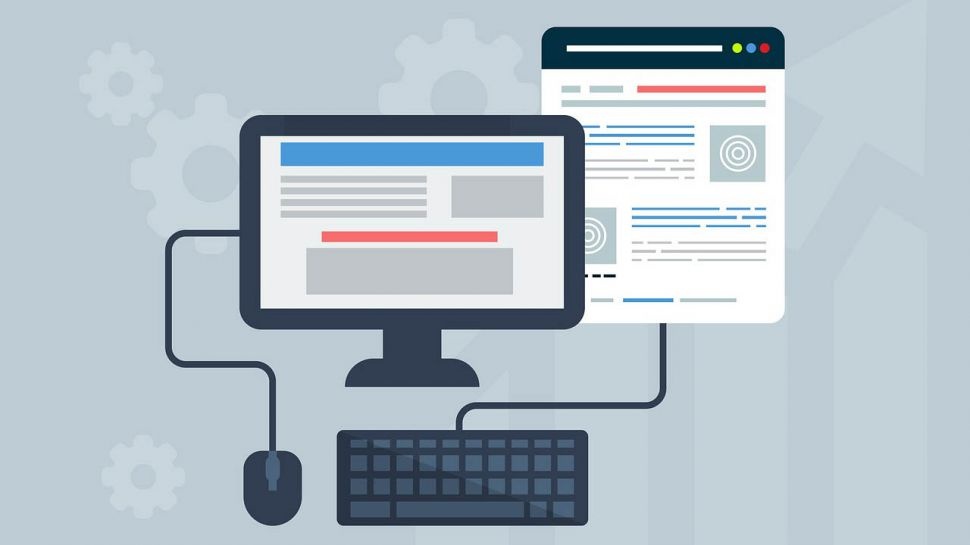Which is the best choice for your website?
When creating a website, early on, those involved should decide on the exact breakdown of responsibilities between those in the business and outside companies contracted to provide services and technical knowledge.
The three Ws represent three possible divisions of responsibilities, where external service companies handle some aspects of website creation, and the business others.
With web hosting, a service provider sells space and access to a server (or virtual server) where the website can exist, but the content of that location is entirely down to the company to provide – whether crafted by them or another external firm.
WordPress is a widely available content management system that was initially very popular with bloggers. Using it, a relative novice to the web can create a working website pretty swiftly, and private hosting services for this platform are widely available.
The third alternative we’re discussing, a website builder, is a software tool for creating websites without any understanding of HTML or other technical knowhow. Once the site is completed and tested, it is uploaded to the hosted location, and the domain name then points to this server.
An easy way to think of these different options is to imagine organizing a wedding reception.
Web hosting is the equivalent of hiring a venue, but doing all the catering yourself, so you get to choose exactly what people will eat.
WordPress has a good selection of pre-prepared foods but doesn’t require the bride, groom or relatives to cook on the day. And using a website builder is like ordering pizza to be delivered to the reception.
Let’s look in greater detail at what each option offers, and the strengths and weaknesses of these different approaches.

Web hosting
Those who buy hosting have the most flexibility concerning the nature and content of their site. However, they are also taking on a greater workload to deliver the end product.
Most hosting businesses have some kind of website creation system that you get as part of the hosting package. But if you want to create an e-commerce solution, then it is likely that you will use the server space to host a third-party platform, or an entirely custom-built site.
What you’ve bought is storage space and access to the site for internet users, and the rest is up to you.
For:
- Total flexibility
- Suitable for e-commerce
- Easily scalable
Against:
- Requires greater management and resources
- Assumes web knowledge
- Not for everyone
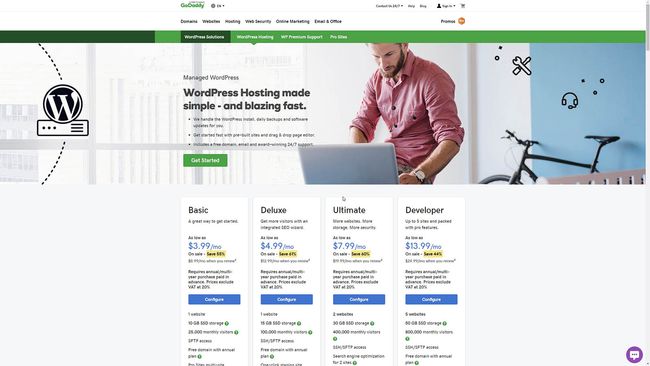
WordPress
What’s interesting about WordPress is that you can combine it with the web hosting option. This is because it comes in two versions: there’s one that is hosted by WordPress and anyone can use this for free, but there’s also a download-and-install version that you can host on company-owned servers or with a web host.
The evolution of WordPress from a blogger’s tool to the do-anything website builder we see today has been dramatic. However, be warned that if you’re looking to access the full power of this platform, that can be a daunting prospect for anyone with little or no web experience.
The biggest challenge facing anyone designing a site using WordPress is that the final look of the website can be subtlety different than was initially intended, because of the way WordPress works and the layouts it supports.
For:
- Flexible
- Easy to maintain
- Great for blogs
Against:
- Steep learning curve
- Not ideal for e-commerce
- Can have performance issues
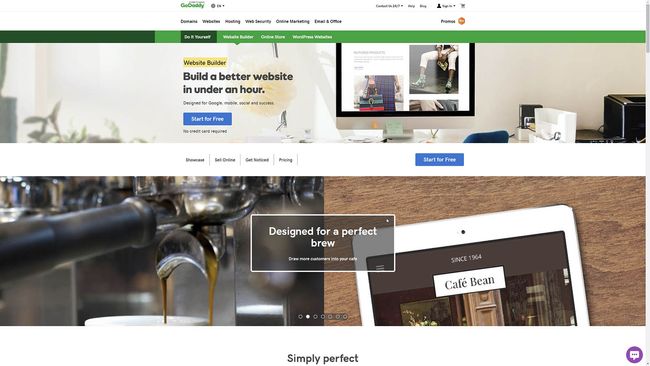
Website builder
The principal advantage of a website building tool is speed. Neither of the other two options allows you to get a website operational within hours, but a building tool can achieve this.
A website building tool can create a whole site very rapidly with no requirement for coding skills, and then once this is transferred to the hosted location, the site can go live.
The downside of such a template-driven solution is that most websites created using a tool will look and work similarly, and this doesn’t allow for entirely custom layouts.
It can also be challenging to add functionality that isn’t inherently part of the site building tool, or to have structures that fall outside of the template model, such as an e-commerce store.
However, if you are in a big hurry, a website builder could be ideal.
For:
- Quick
- Easy to use
- Requires little technical knowledge
Against:
- Can be inflexible
- Results look similar
- Scalability can be an issue
This article was taken from here.
Related Articles


